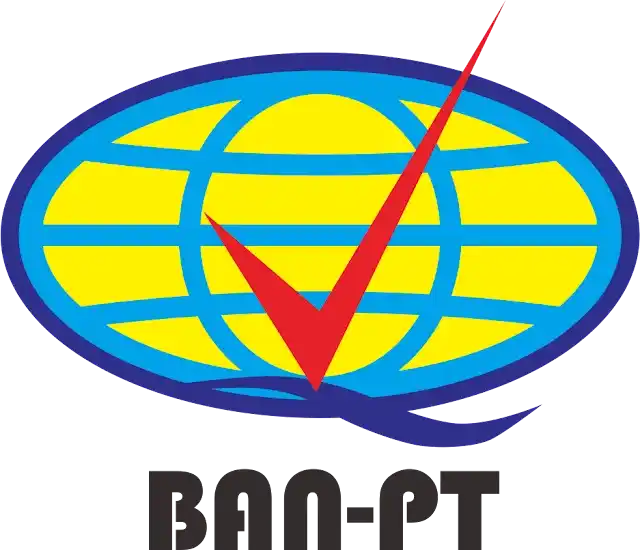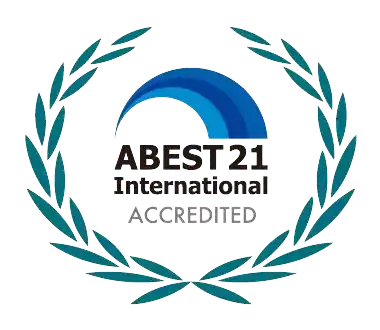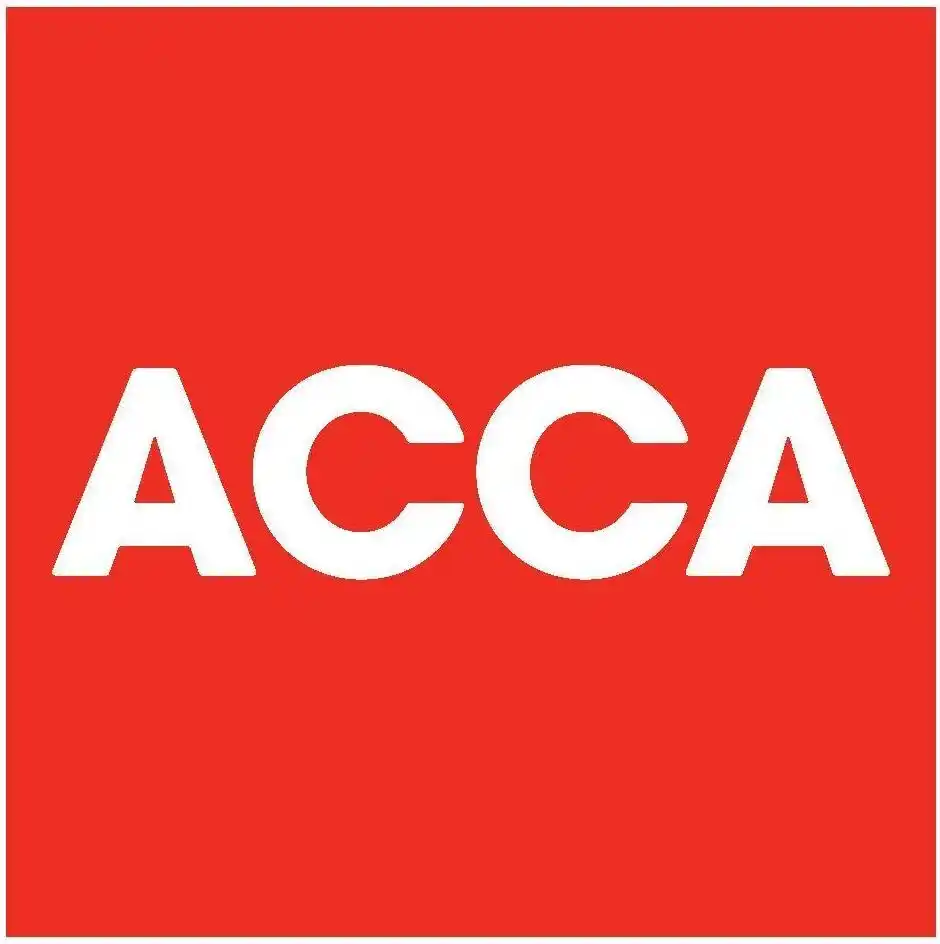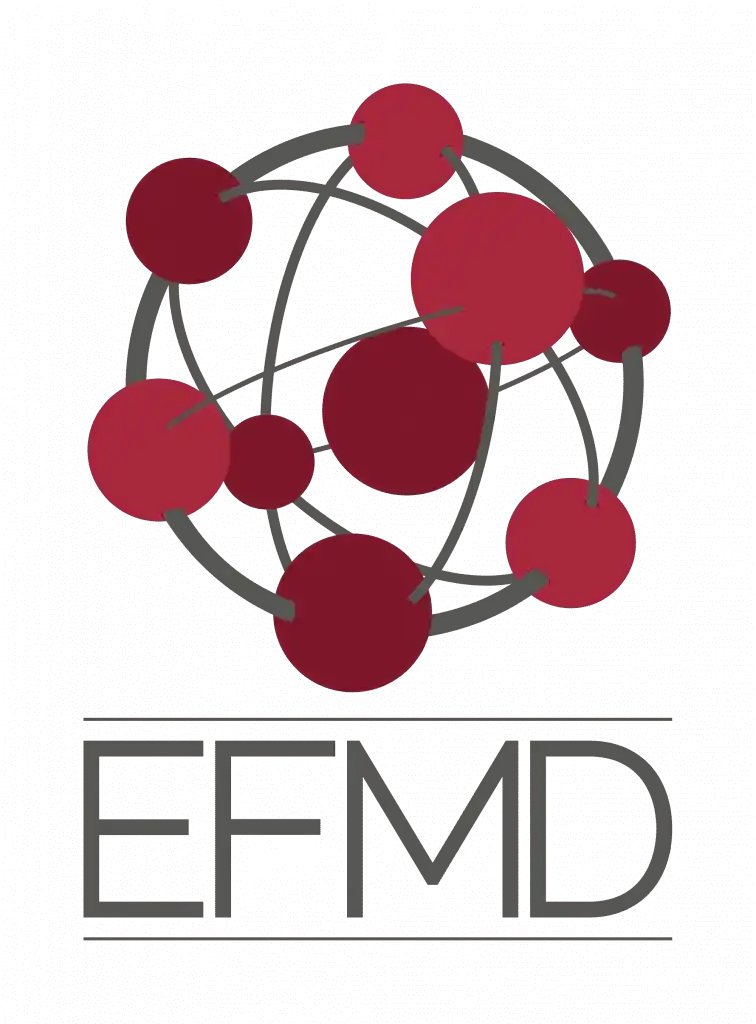UPCOMING EVENTS
Kebijakan Akademik
Kebijakan kurikulum digunakan sebagai panduan dalam menentukan kurikulum yang akan digunakan pada setiap semester.
GENERAL POLICY
Curriculum preparation for each study program is directed to obtain the mission statement of FEBUB. The mission statement of FEB UB stands as a guideline for each study program to determine the competencies obtained by students, which is then reflected into the study program curriculum. In order to review the curriculum implementation, the department and the school are assisted by Quality Assurance Unit (QAU) and Quality Assurance Board (QAB). The inputs for curriculum review are derived from internal and external stakeholders.
ECONOMICS DEPARTMENT
Curriculum Policy of Undergraduate Programs
Students of Undergraduate Program has the study load of 144 CPs at minimum and it normally is arranged for 8 semesters (4 years) but it can be finished in less than 8 semesters, furthermore the maximum limit of study is 14 semesters (7 years) The study load for students of Master’s program is 39-50 CPs taken in minimum of 3 semesters and a maximum of 8 semesters for students with linear undergraduate degree, while those with non-linear undergraduate degree minimum of 4 (four) semesters.
The students of Undergraduate Program in Economics Development (UPIED), Undergraduate Program in Islamic Economics (UPIIE), and Undergraduate Program in Economics, Finance, and Banking (UPIEFB) must accomplish a minimum of 145 credits including:
- Economics sciences which cover macroeconomics, microeconomics and quantitative tools. The level of competency in core areas of economics is in the basic level.
- Student abilities to conduct small research using and quantitative and qualitative tools in order to solve some economic problems.
- Student abilities to implement economic theories to solve economic problems in the areas of development economics, financial economics and banking, and Islamic business/economics.
- The curriculum to nurture students to have spiritual, environment, and entrepreneurial spirits reflected in teaching methods and research topics.
Curriculum Policy of Master Program in Economics (MPIE)
Master program also has regular II classes. Regular II is part time class held on Friday evenings and Saturdays. The study load for this class is 12 CPs on each semester with study period of 1.5 times the minimum study period (and maximum) of the regular I master program.
The curriculum policies for each study program are as follows:
The students of MPIE are required to accomplish a minimum of 39 credits including:
- Core subjects in economics such as macroeconomics and microeconomics in the intermediate level.
- Abilities to conduct quantitative and qualitative research in addressing economic problems.
- Abilities to implement economic theories to solve business problems in the areas of development economics, planning and public finance, financial economics and banking, and Islamic business/economics.
- Curriculum of MPIE designed to nurture students having spiritual, environmental and entrepreneurial spirits reflected in teaching methods and research topics.
Curriculum policy of Doctorate Program in Economics (DPIE)
The doctorate program in FEB UB comprises of two educational pathways:
- by Course, is a doctorate educational model commenced by lectures and followed by
dissertation writing.
- by Research, is a doctorate educational model commenced by giving an assignment (equal
to class activity) and followed by dissertation writing. The procedures of this model is
regulated by each study program.
To obtain a doctorate degree in FEB UB a student is required to take the following study load:
- The Study Load of doctorate degree program for students with linear master degree is equal to 40 to 50 credit points, consisting of coursework and practical work (12-18 credit points) and dissertation (28-32 credit points).
- The Study Load of doctorate degree program for students with non-linear master degree is at least 52 credit points, consisting of coursework and practical work (24-36 credit points) and dissertation (28-32 credit points).
- The Study load of regular II program is maximum 12 credit points each semester.
In line with the Decree of the Ministry of Education and Culture No. 44 year 2015, the length of
study for doctorate program is:
- Students with linear master degree may take minimum 6 (six) semesters with a credit point of 40 and maximum 14 (fourteen) semesters,
- Students with non-linear master degree may take minimum 7 (seven) semesters with a credit point of 52 and maximum 14 (fourteen) semesters,
- Students of regular II program may take minimum 1.5 (one point five) times the minimum length of study of regular I program.
- Students failing to complete their study within the stated length of study without any accountable reason, they will receive permanent elimination or expulsion.
The students of DPIE must accomplish a minimum of 42 credits comprising of:
- Basic and applied theories in economics which includes advanced macroeconomics, advanced microeconomics, economic research method and paradigm of economics to equip students with more advanced and multi-paradigm research methodology in applied economics.
- Analysis of macroeconomics and microeconomics results in economic policies including supporting and developing business activities.
- Research-based teaching and learning which should be implemented to nurture students in developing applied economics knowledge and sciences by using multi-paradigm approach.
- The curriculum of PDIE should be designed to nurture students to have spiritual, environmental and entrepreneurial spirits reflected in teaching methods and students’ research topic.









